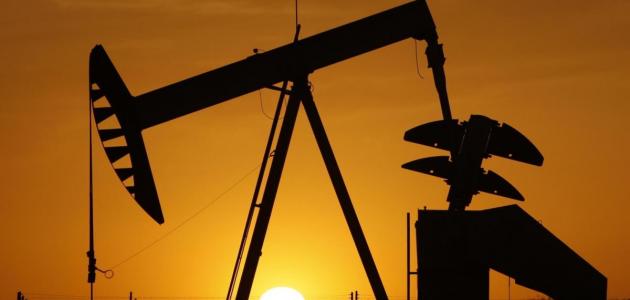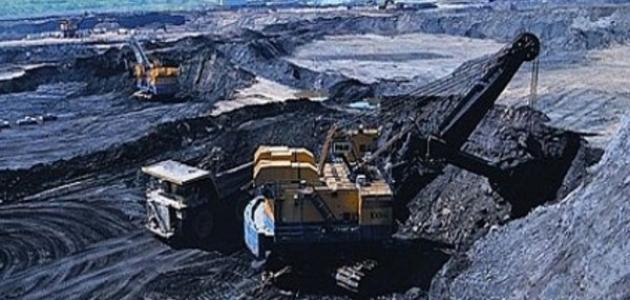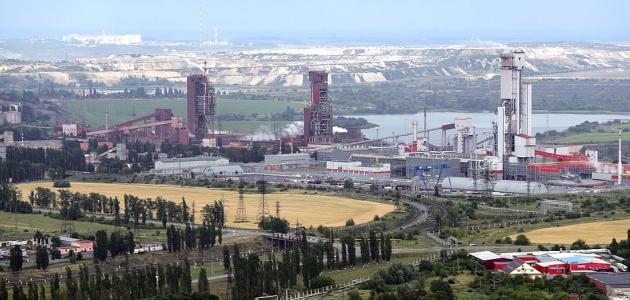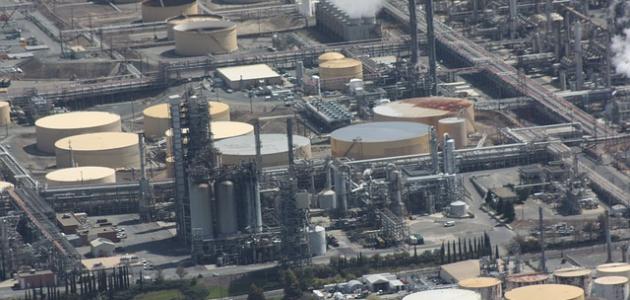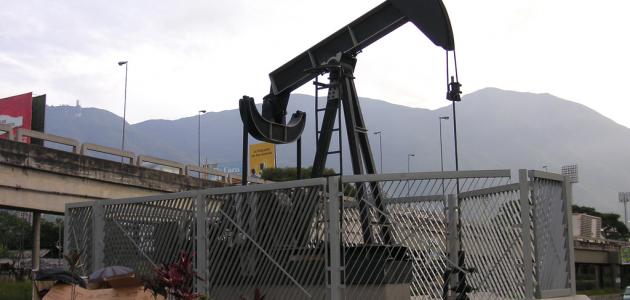petroleum
Petroleum is a term derived from the English word (Petroleum), and it is known in Arabic as oil, or black gold, and it is one of the most important sources of energy, which is used in many matters and various fields, especially the operation of vehicles of all kinds, and machinery in large factories.
It is also known as a thick chemical liquid, its color is black, and it can ignite easily when it is present among factors that allow it to ignite, and it is used in many industries as a primary or secondary source, and it produces thousands of barrels of oil on a daily basis, in order to cover all the daily needs of oil around the world. .
The importance of petroleum
Petroleum is of great importance in human life, due to its main role in many public fields, and its importance can be summarized in the following points:
- It is one of the main sources of energy, that is, it is one of the most important sources that countries need to obtain energy, especially in industrial places that depend on large quantities of oil for their operation.
- It is one of the basics of daily life, in the sense that almost all of the world’s population depends on petroleum derivatives for many daily uses, such as: cooking, fueling cars, heating, and others.
- It is a means of commercial exchange, meaning that the presence of oil contributed to the existence of a commercial and economic sector that depends directly on the trade in petroleum derivatives, which has led to a significant impact on the economy of countries, especially those that work to export oil to other countries. Many job opportunities for individuals in various fields that concern the petroleum sector.
Factors controlling oil prices
There are a group of factors that control oil prices in the world, namely:
Read also:The largest oil fieldOil demand
It is considered one of the most important factors controlling oil prices globally. When oil prices rise, the demand for it decreases, and vice versa. However, when oil prices decrease, the commercial investments associated with it decrease, such as: oil imports, or industries that depend on oil derivatives such as plastic industries. Which leads to the impact of the price of oil in the global economic markets.
Economic crises
It is a group of crises that negatively affect the economy of a particular country, or a group of countries, so that indebtedness rates increase dramatically, and the demand for oil decreases with the stability or rise of its price, but countries are unable to buy sufficient quantities of it, so they are then forced to raise its prices locally, In order to be able to reach a degree of close balance between the global price and the local price.
political crises
It is a group of crises that usually occur in one country, and more than one country may be affected, and political crises result; Because of the existence of civil, regional, or international wars, which leads to a negative impact on oil, and these crises usually lead to an increase in oil prices with an increase in demand for it by countries.
alternative energy sources
It is a group of sources that contribute to the provision of energy for humans, and is an alternative to the use of oil, which may affect its prices negatively with the passage of time, and this is evident in many modern industries, of which oil is no longer an essential part of it, but rather it has a role Secondary in it, and examples of these industries: the invention of electric cars, which depend on electricity as a source of energy, with a small percentage of gasoline (a petroleum derivative) to help in its operation.
Read also:What are petroleum derivatives?